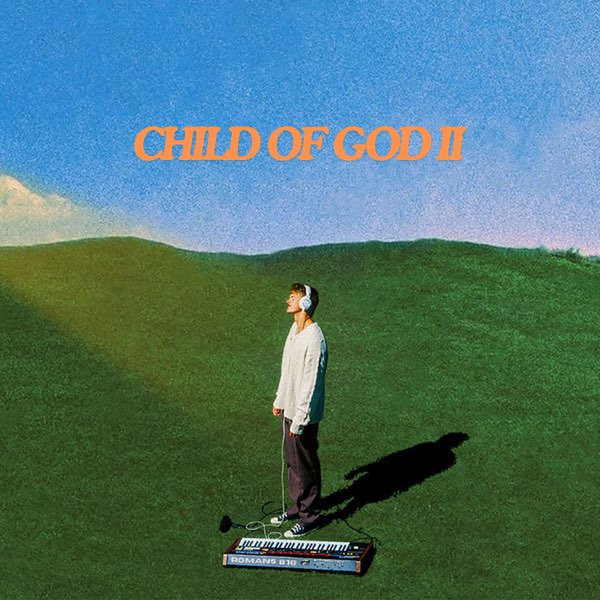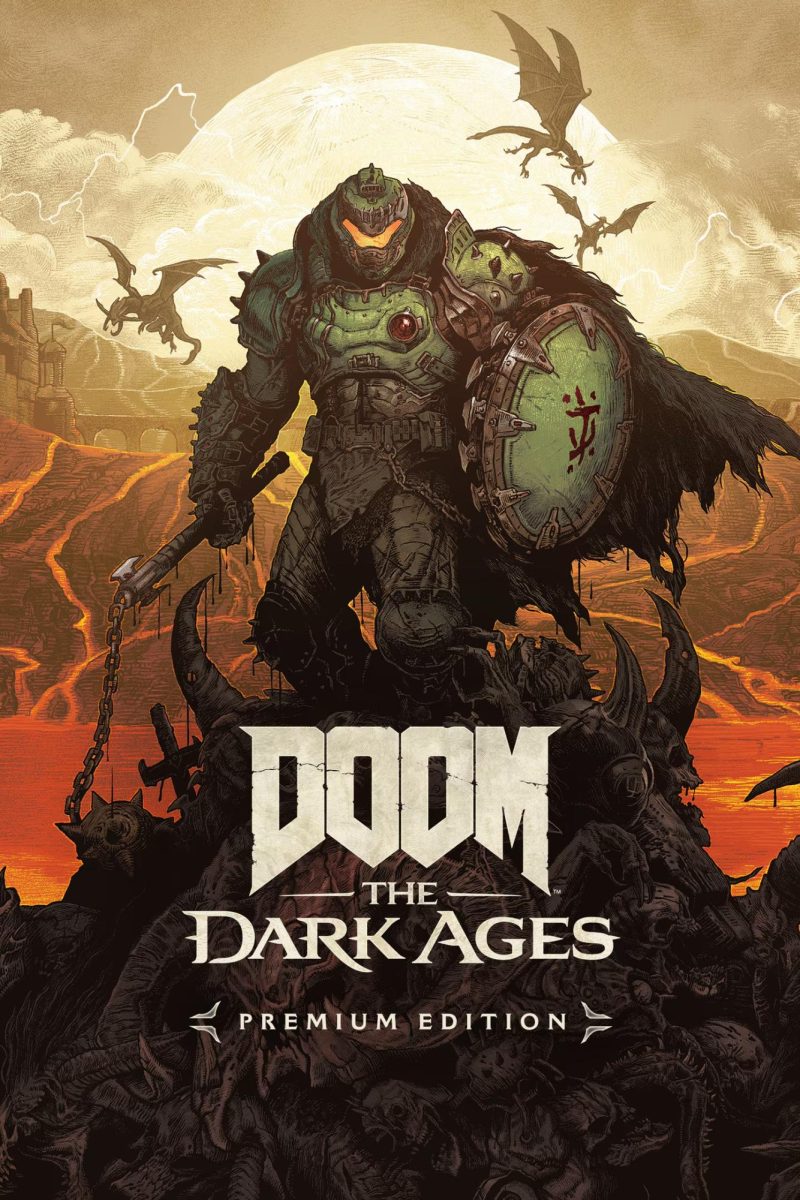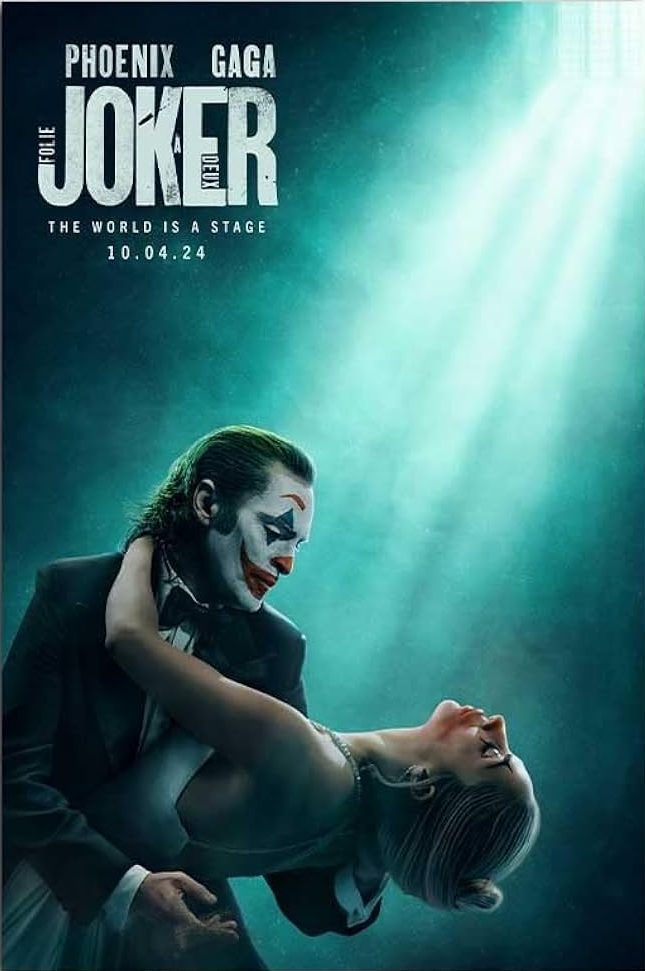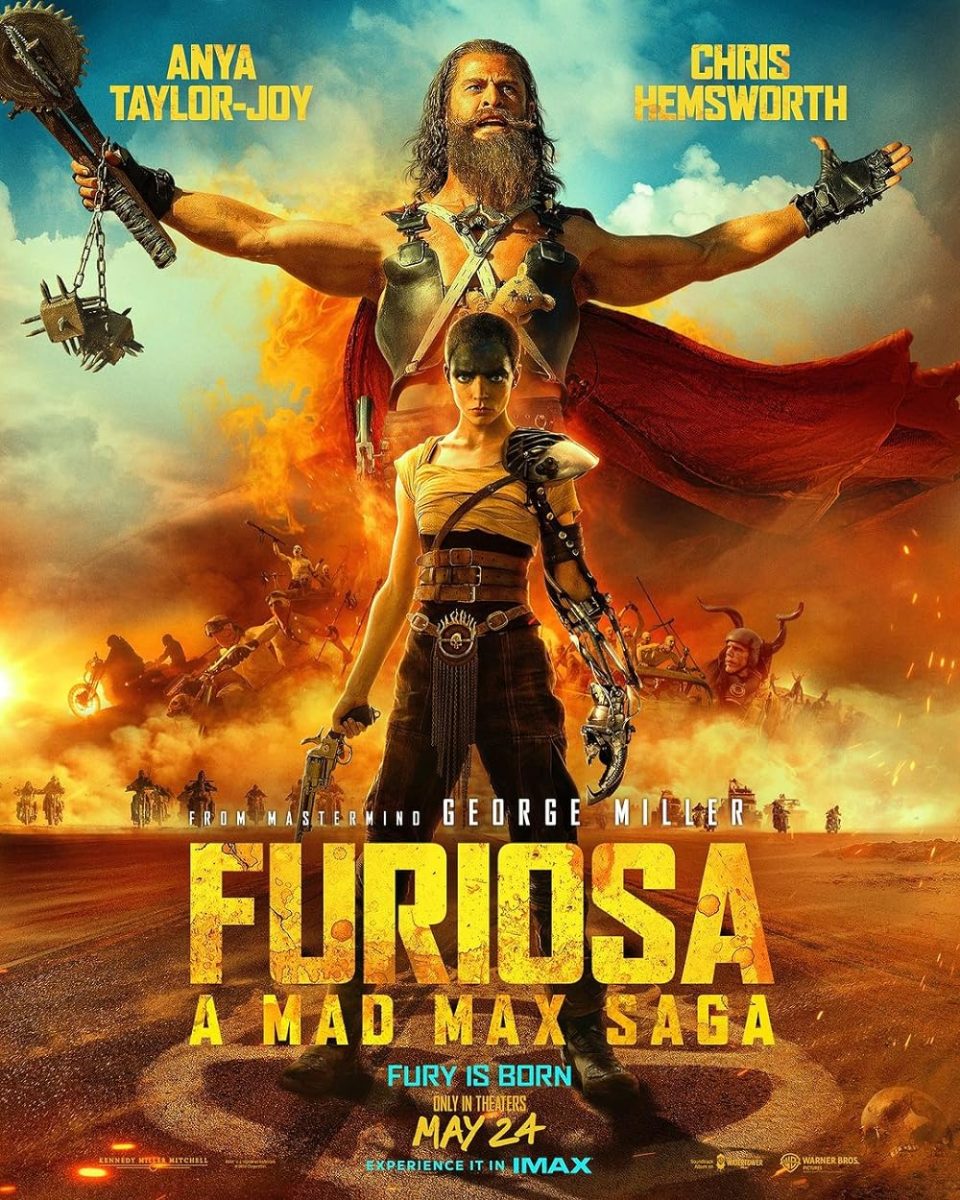Matilda the Musical was just released on Netflix after a short theatrical run and it is a fun musical for the holiday season.
The acting from the three leads was incredible and the songs were quite catchy (although the dubbing and autotune could have used some work). While it’s not the greatest movie ever put to film, it was an enjoyable way to spend two hours on the couch with my family and I would recommend it to any fan of Roald Dahl or movie musicals.
The main strength of this movie was the incredible performances of the three leads. Alisha Wier was a great choice for Matilda, showing the intelligence and kind heart of the character. Emma Thompson was incredible as Miss Trunchbull, the villainous headmistress of the hall that Matilda attends. She is nearly unrecognizable beneath large amounts of makeup but still manages to bring a cartoonish menace to the character that isn’t buried beneath the prosthetics. And the character of Miss Honey was perfectly cast with Lashana Lynch in the role of Matilda’s kind-hearted teacher. The music for the film was catchy and the musical numbers were well-choreographed. The ending song “Revolting Children” was wonderfully shot and one of the most fun sequences of film I’ve seen this year.
While there were differences between the original novel and the stage musical the film was based off of, most were justified. For example, Matilda’s older brother has been cut from the movie, which was a justified decision considering he has no purpose in the story. In addition, a few sequences showing a story Matilda tells throughout the movie have been added, fleshing out the backstory of another character from the film.
However, this movie also had a fair amount of flaws. The camera was often angled directly on someone’s face and this was especially noticeable in a conversation between two characters. There was one point in which a character looked directly into the camera, which was minor but bugged me. Some songs in the film were overdubbed, and in a few sequences, there was liberal use of Autotune. There was a certain amount of magic lost from the adaptation if directly comparing it to the original novel, as a unique writing style such as Dahl’s is nearly impossible to translate to a big screen.
In addition, some of the special effects feel a bit cheap and are slightly overused. While Roald Dahl’s stories often feature magical elements, CGI when there isn’t a need for it can pull you out of the story. However, the climactic sequence featured a great effect shot that redeemed the rest of the mediocre effects.
Despite a few missteps, this was a fun movie musical, though it’s nothing to remember past watching it. The acting and music were great, although the cinematography and autotuned voices could have used some work









